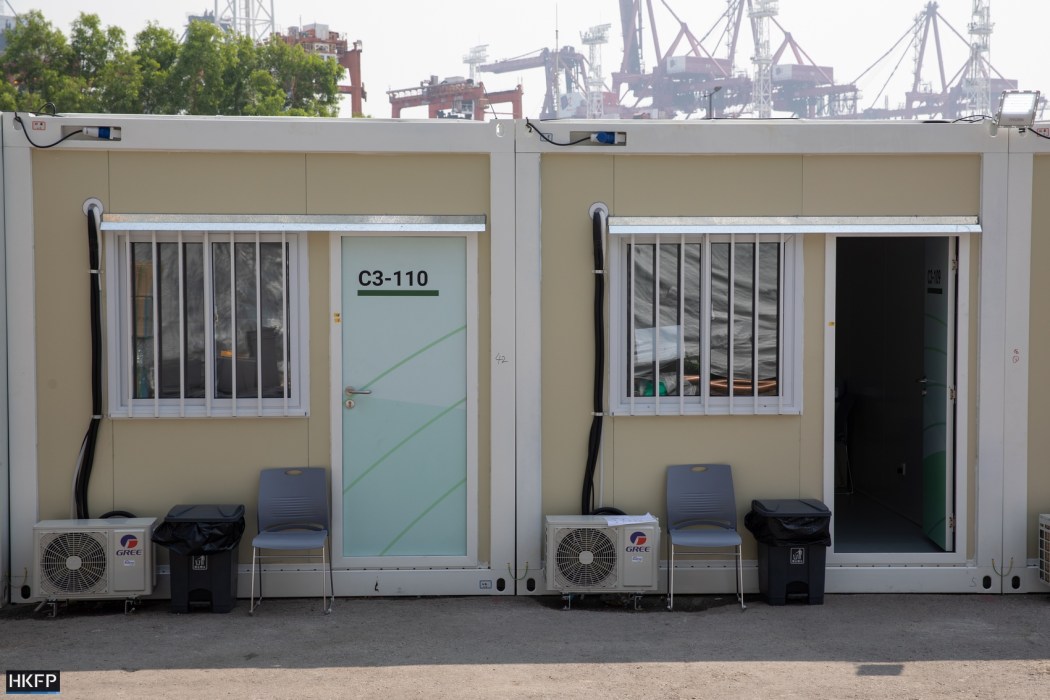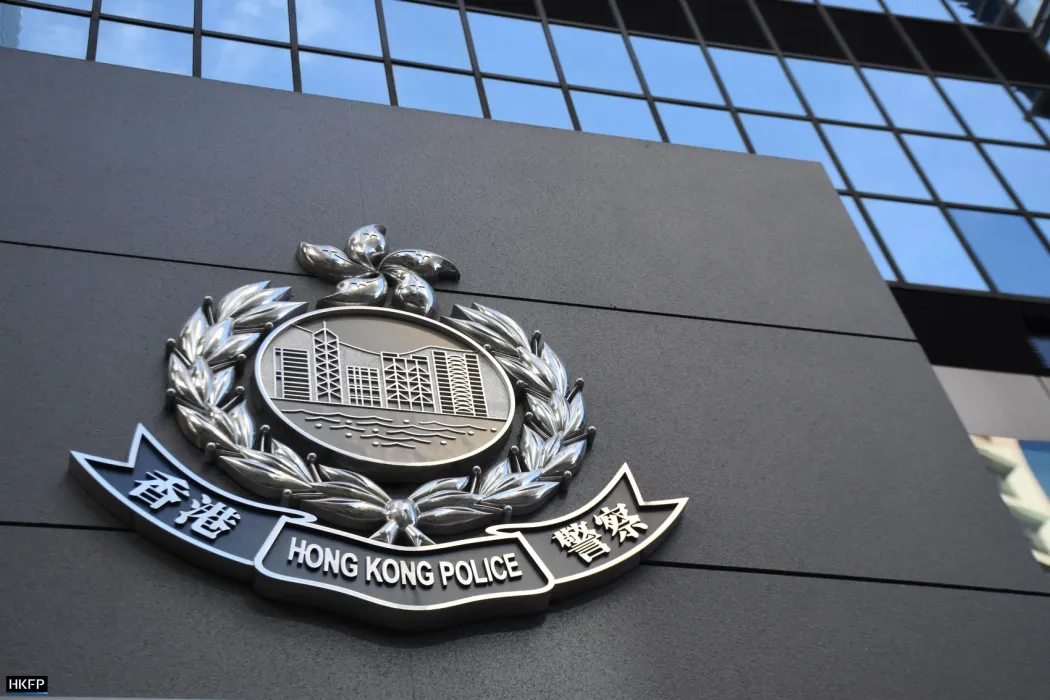The number of full investigations conducted by Hong Kong’s government watchdog fell to an almost 15-year low, despite the number of complaints received staying largely the same.

According to the Office of the Ombudsman’s annual report released on Wednesday, the body carried out 92 full investigations out of almost 5,000 complaints received in 2021/2022.
In contrast, the Ombudsman carried out an average of 210 full investigations since 2011/12. The number of complaints received annually stayed stable between 4,800 and 5,500, with the exception of a fivefold spike in 2019/20 and 2020/21 attributed by the watchdog to “special circumstances.”
Founded in 1989, the Ombudsman is tasked with monitoring public governance by fielding complaints against government departments and giving relevant recommendations.
Complains filed to the Ombudsman that the body determines to warrant “further processing” are then dealt with by inquiry, mediation or full investigation.
The Ombudsman did not respond directly when asked why the number of full investigations carried out had fallen drastically, but said the “mode of complaint handling would depend on the nature and complexity of the complaints received.”
Full investigations are conducted for “complex cases” that appear to involve issues such as “gross injustice” and “serious maladministration,” the watchdog added.
The last time the Ombudsman conducted fewer than 100 full investigations in a year was in 2007/08, when it carried out 38.
Complaints against Covid-19 policies, police
Almost 30 government departments were involved in the cases where the Ombudsman carried out full investigations. Among them, the Lands Department saw the most number of full investigations at 17, followed by the Food and Environmental Hygiene Department (FEHD) at 12.
Complaints against the FEHD involved accusations that the department failed to take enforcement action against goods left in public places.

A few cases were related to Covid-19. In one of them, the complainant alleged that poor communication between the Department of Health and the Civil Aid Service resulted in a “prolonged stay” for him and his family members at a quarantine centre. He also complained about the food quality and the lack of wi-fi.
In another, authorities allegedly “wrongly requir[ed] the complainant to undergo compulsory quarantine.”
Seven complaints lodged against the police force saw full investigations, one of which was based on a complaint submitted by HKFP last year, when police refused to disclose the production cost of a 15-minute-long promotional video featuring officers countering fictional acts of terror in Hong Kong.
The Ombudsman sided with the force which argued that the details requested may “harm or prejudice the proper and efficient conduct of the operations of a department.”

Another complaint against the police included the refusal to disclose details of donations received by two police-affiliated charities. The Ombudsman ruled that the complaint was unsubstantiated, agreeing that the police force was justified in its refusal.
‘Significant public interest’
Separately, the Ombudsman conducted eight direct investigations. The body takes this course of action when there are “areas of suspected maladministration usually involving systemic problems or issues of significant public interest.”
One of the investigations, involving the Constitutional and Mainland Affairs Bureau, concluded that the department can better understanding “the needs of the public for
interpretation services” in Chinese dialects other than Cantonese and Putonghua.
In another case related to the management of public toilets, the Ombudsman also made recommendations including calling on the Architectural Services Department to “strengthen its mechanism for monitoring repair services provided by its contractors.”
Support HKFP | Policies & Ethics | Error/typo? | Contact Us | Newsletter | Transparency & Annual Report | Apps
Help safeguard press freedom & keep HKFP free for all readers by supporting our team

LATEST FROM HKFP
HKFP has an impartial stance, transparent funding, and balanced coverage guided by an Ethics Code and Corrections Policy.
Support press freedom & help us surpass 1,000 monthly Patrons: 100% independent, governed by an ethics code & not-for-profit.










